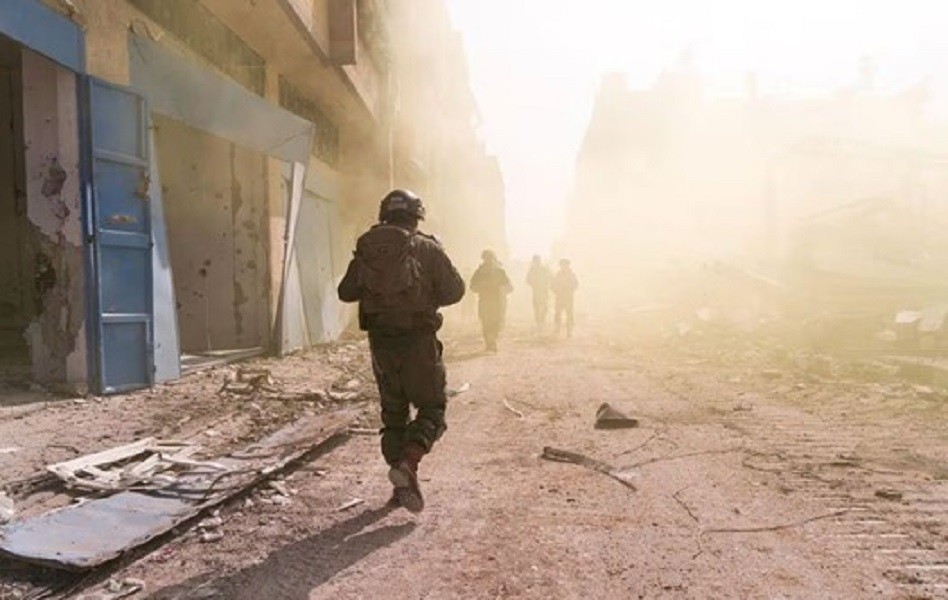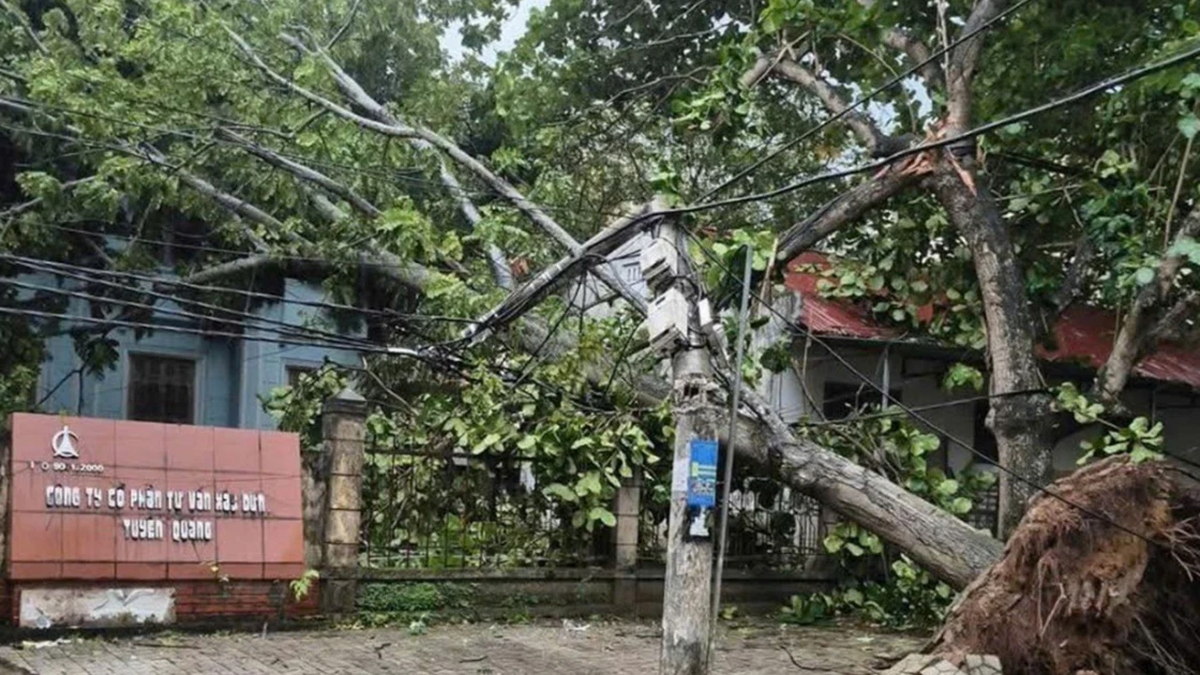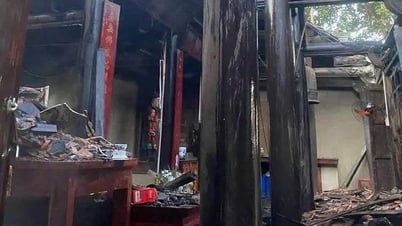Negotiators from the Palestinian militant group, along with Qatar and Egypt, are in Cairo to negotiate a 40-day ceasefire ahead of the start of Ramadan, which begins next week.
The proposed deal would require the release of some hostages held by Hamas in October 2023, and the entry of aid into Gaza to address the risk of starvation in hospitals treating severely malnourished children. Hamas would also be required to provide a list of all hostages still held in Gaza.
In Beirut, however, Hamas official Osama Hamdan reiterated the group's main demands: an end to the Israeli campaign, the withdrawal of Israeli troops and the return of all Gazans to their homes from which they were forced to flee.
He insisted that no hostage exchange could take place before a ceasefire was in place, reflecting Hamas' view that a ceasefire should above all be a step towards ending the conflict completely.
For its part, Israel only wants a temporary ceasefire to get hostages out of Gaza and allow aid to be brought in, emphasizing that the war will not end until Hamas is “destroyed.”
Israeli government spokesman Avi Hyman said at a press conference that Hamas needs to “stop being delusional and negotiate realistically.”
“Hamas understands the military pressure and we are putting this pressure on them.”
Washington, Israel's main military and political backer and sponsor of the talks, has also blamed the Gaza-based organization.
“This deal is in Hamas’ hands,” Biden told reporters. “Israel has cooperated. There was a proper offer made.”
“If we move towards a situation of prolonged hostilities throughout Ramadan… the situation will become extremely dangerous.”
In Israel and the occupied Palestinian territories, violence between Palestinians and Israelis typically spikes during Ramadan, as does hostility toward Israel from Muslim and Arab countries. This is a major factor in urging leaders to call for a ceasefire before the month begins.
Hamas said it had proposed its draft
Hamas insists Washington's argument is designed to help Israel avoid blame in the event of a breakdown in talks.
Senior Hamas official Bassem Naim confirmed that Hamas had proposed its own draft agreement and was awaiting a response from Israel: “Mr Netanyahu does not want to come to an agreement and now the ball is in the US court.”

Photo: Israel Defense Forces/via REUTERS.
The US has also urged Israel to do better to address the humanitarian disaster in Gaza, where more than 30,000 Palestinians have been killed in Israel's offensive, which was launched in response to a Hamas offensive that killed 1,200 people in October.
“We need to get more aid to Gaza,” Biden said.
US Secretary of State Antony Blinken said this also meant “making sure that aid gets to those who need it… and the current situation is unacceptable.”
With aid supplies already at pre-war levels running out, famine is beginning to grip Gaza. Much of the enclave has been cut off from food supplies. Gaza’s few functioning hospitals, already overwhelmed by the wounded, are now filled with starving children.
Emaciated children at clinics in Gaza
Ahmed Cannan, a boy with dark eye bags and a gaunt face, lies in a bed at the Al-Awda clinic in Rafah, wrapped in a yellow shirt. He has lost half his weight since the fighting began and now weighs just 6kg.
“His condition is getting worse,” said the boy’s aunt, Israa Kalakh. “Please God protect us from the coming days.”
Nurse Diaa Al-Shaer said these emaciated children were arriving at the clinic in unprecedented numbers: “We will have to deal with a large number of patients with similar malnutrition.”
The situation is even worse in northern Gaza, where aid agencies and news crews are unable to reach the area. Gaza health officials said 15 children had died in one hospital from malnutrition or lack of water.
The US military, working with Jordan, airdropped 36,000 meals into northern Gaza on Tuesday, a program Washington had proposed last week. Aid agencies said the number was far short of what was needed to combat the famine.
In a tweet, President Biden wrote: “The United States is committed to doing everything we can to get more aid to those in need in Gaza. We will not stand by. We will not give up.”
Israel said it was preparing to allow more aid through two checkpoints on the southern Gaza border that it had allowed to operate, blaming the United Nations and other aid agencies for not distributing aid more widely.
The agencies said the request was impossible due to the collapse of civil governance and the rule of law. Israel, which has troops attacking and patrolling Gaza towns, should be responsible for providing security for the food distribution.
“For parents and doctors who find that aid just a few kilometres away is being held out of reach, the sense of hopelessness and helplessness can be unbearable,” said Adele Khodr, UNICEF Regional Director for the Middle East and North Africa.
Nguyen Quang Minh (according to Reuters)
Source


























![[Photo] National Assembly Chairman Tran Thanh Man visits Vietnamese Heroic Mother Ta Thi Tran](https://vphoto.vietnam.vn/thumb/1200x675/vietnam/resource/IMAGE/2025/7/20/765c0bd057dd44ad83ab89fe0255b783)













































































Comment (0)